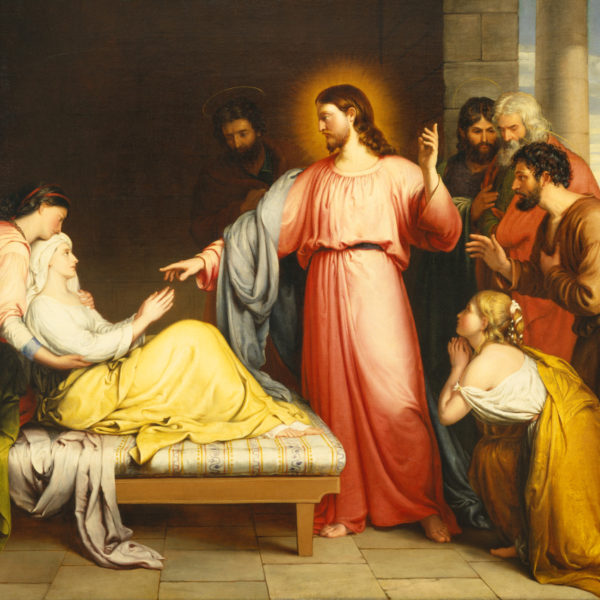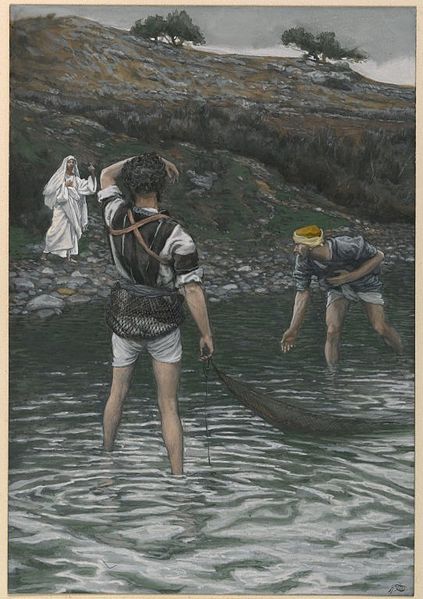
In a world of increasing anti-Jewish sentiments, we do well to note at whom Jesus points a finger. It’s not at Judaism, it’s at Rome.
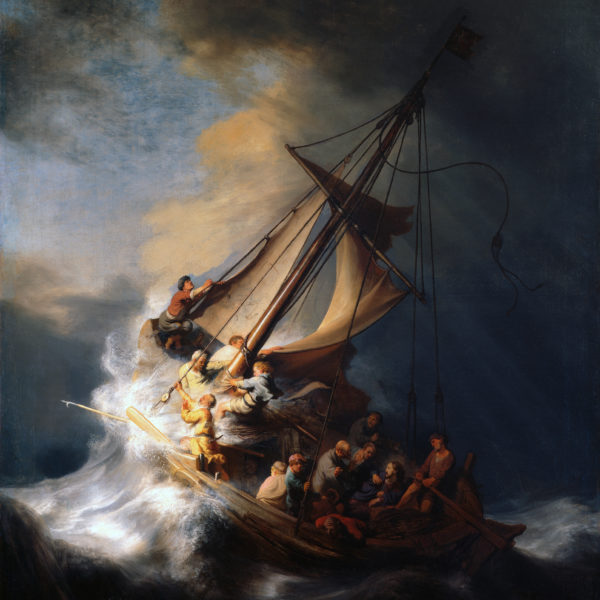
The storm at sea is one of the most potent experiences and images of chaos. Jesus’ miraculous calming of the storm is an image, not merely of his power with regard to nature, but also of his mastery over the chaotic political elements that threaten us.

The John Cabot University Summer Institute for Religion and Global Politics (May 19 – June 20), co-funded by the European Consortium for Political Research (ECPR), offers graduate students a comprehensive introduction to contemporary issues and debates regarding the roles of religious actors, ideas and institutions in democratic political life and international affairs.
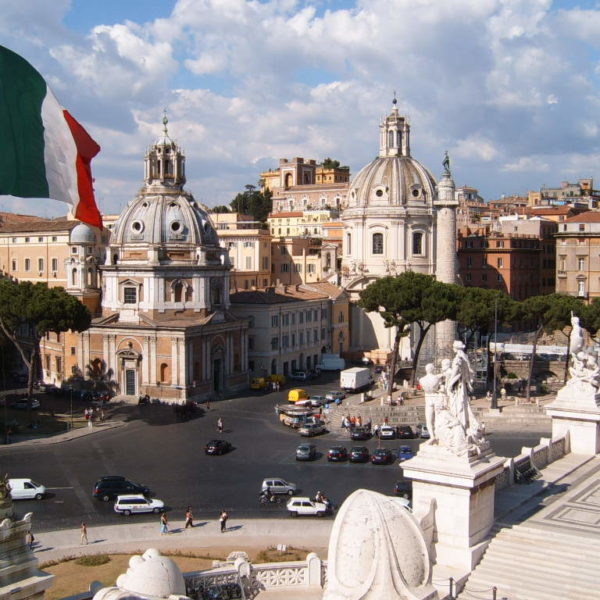
This May, two exciting conferences on political-theological themes have been organized to take place in Rome back-to-back. The first, “Economic Theology/Theological Economics” is taking place at Lumsa University in Rome, May 20-21.
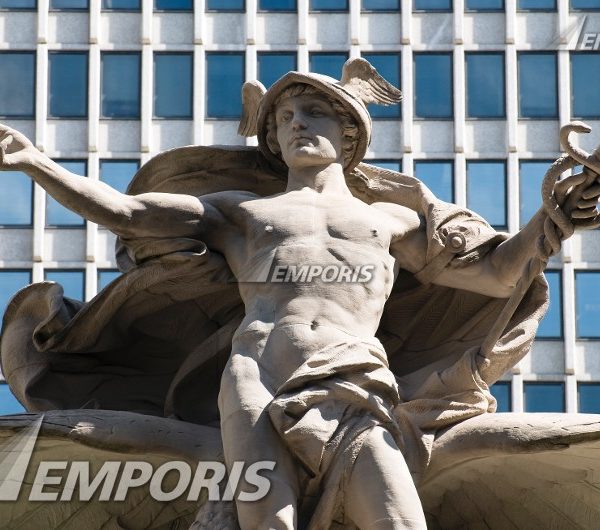
Mikhail Rostovtzeff is barely remembered in our time. Yet the paradox he embodied – a staunch anti-communist who championed economic analysis of classical Greece and Rome – is worth reconsideration. To his great credit, Rostovtzeff set out to shift the focus of ancient historiography on politics and military matters to economic concerns. Classically trained, a man of prodigious learning and without fear of grand narratives, Rostovtzeff boldly reconstructed the economies of ancient Greece and Rome in terms familiar from capitalism, that is, in terms of neoclassical economic theory.

